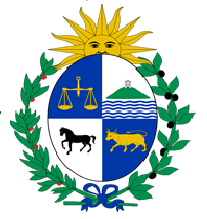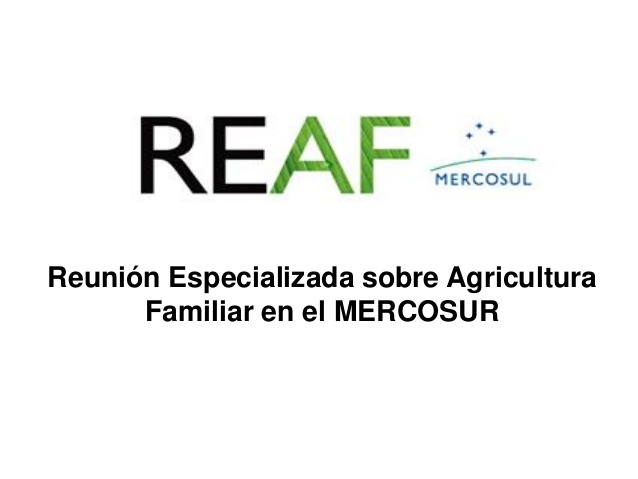Uruguay is one of the smallest countries in South America and is unofficially defined as the only one without a native indigenous population. Two phenomena have characterized land governance in Uruguay: the concentration of land in the hands of corporations and public limited companies and the significant presence of foreign capital in the land market. Unlike other countries in the region, land concentration has not led to an expansion of the agricultural frontier, which has helped prevent violent conflicts or illegalities in access to land.
Indicateurs socio-économiques
tout parcourir
Population totale
3,426,260
Population urbaine
95.3 %
Indicateurs fonciers
tout parcourir
NewsBrowse all
05 Mai 2021
En 2019, alors que les incendies commençaient à faire rage dans toute l'Amazonie, l'Union européenne et l'Association européenne de libre-échange (Islande, Lichtenstein, Norvège et Suisse) ont conclu des accords commerciaux bilatéraux avec les gouvernements du Mercosur (Argentine, Brésil, Paraguay…
Land use in Uruguay has been linked mainly to livestock, agriculture and forestry. Official data from 2022 show that more than 13 million hectares are dedicated to livestock.











